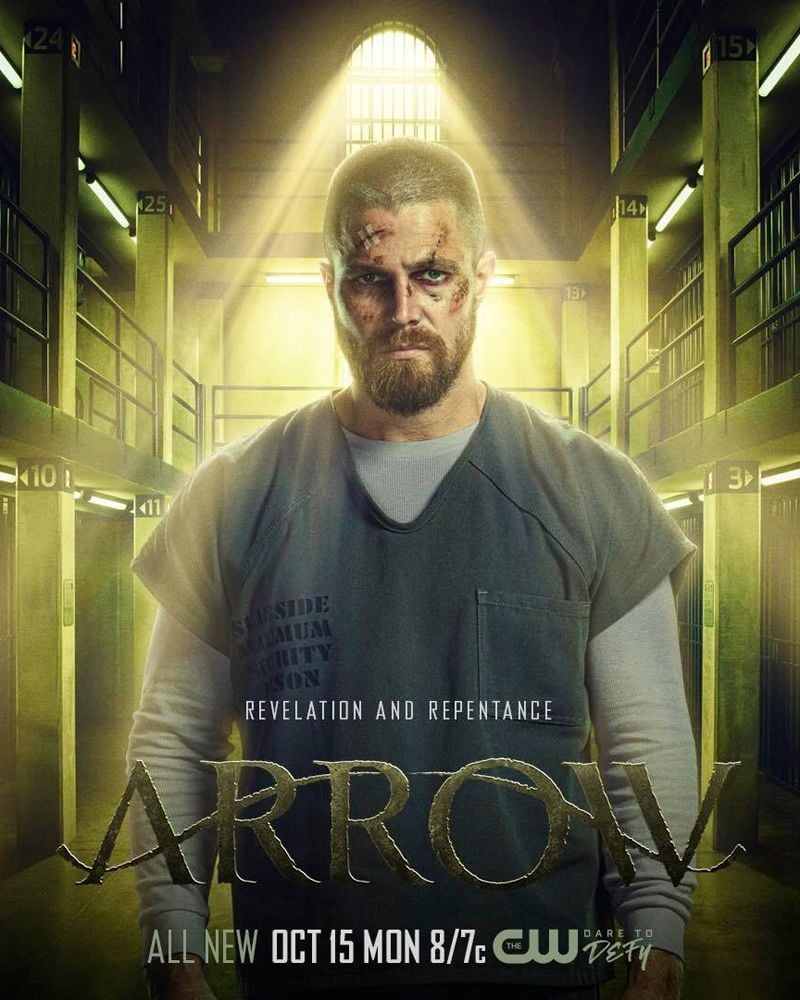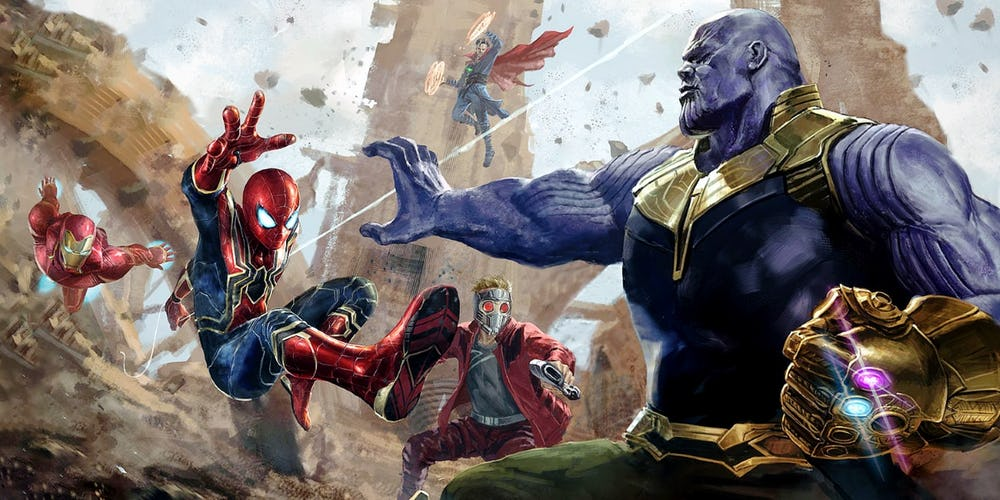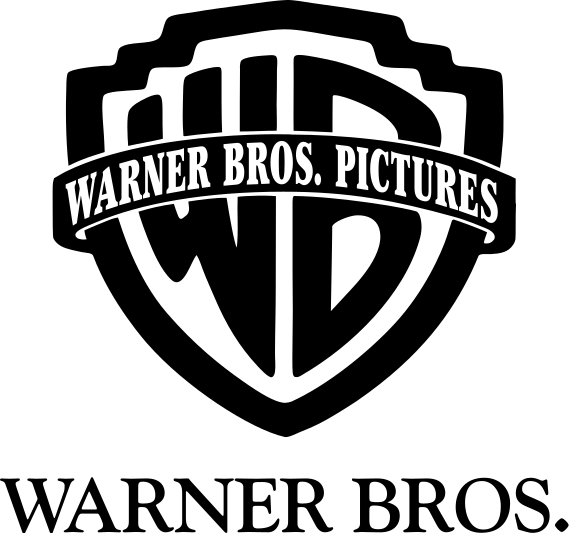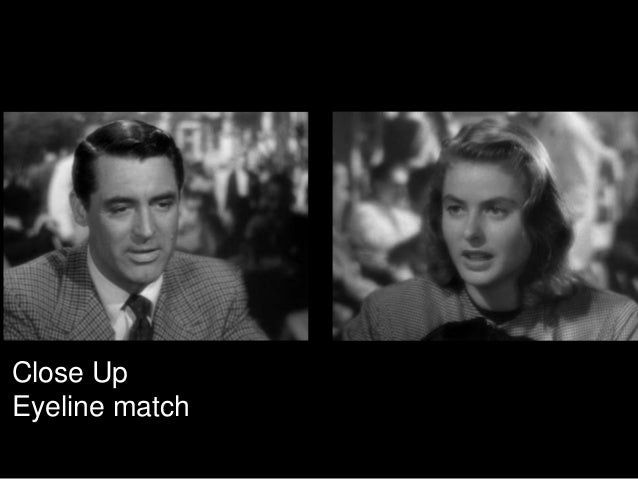Friday, 21 December 2018
Wednesday, 5 December 2018
Wednesday, 28 November 2018
Monday, 19 November 2018
Thursday, 15 November 2018
Shooting equipment
The final shooting equipment that we are going to use in the movie.
Tripod: You will need one large tripod for the camera to hold it and to improve stability.

Iphone: We used the light of thew phone due to the poor light that we have.

Canon: The canon is the camera that we are using to record the film opening.

Selfie Stick: We use the selfie stick to record the high angles.

Tripod: You will need one large tripod for the camera to hold it and to improve stability.

Iphone: We used the light of thew phone due to the poor light that we have.

Canon: The canon is the camera that we are using to record the film opening.
Selfie Stick: We use the selfie stick to record the high angles.

Wednesday, 14 November 2018
Costume
We have plan what we are going to wear, as I am going to be the detective I am going to wear a jersey, jeans and a bloody shirt, I need to be wearer more formal than the kidnapper representing the high class, on the other hand Santiago is going to wear a mask and tracksuit representing the low class.
Tuesday, 13 November 2018
Sunday, 11 November 2018
Characters of our film
The first character of our movie is the detective he is the protagonist. I am going to be the detective. I am going to be the detective because I dont act so bad, I am very expontaneous and creative.
The last but not least character is the kidnapper, he is the protagonist. Santiago is going to be the kidnapper. We decide Santiago to be the detective because he has a lot of initiative and he loves to do that role.
Wednesday, 24 October 2018
Analysis of Arrow
In todays article, I am going to analyse Arrow: 7x5 ´My Name is Oliver Queen`

What is Arrow?
Spoiled billionaire playboy Oliver Queen is missing and presumed dead when his yacht is lost at sea. He returns five years later a changed man, determined to clean up the city as a hooded vigilante armed with a bow. (Creators) Greg Berlanti, Marc Guggenheim, Andrew Kreisberg. (Stars) Stephen Amell, Katie Cassidy, David Ramsey.
Camara shots and angles
(1) The fisrt shot of the scene takes part in a special hospital for prisioners and is a medium close up (half way between a close up and a mid shot).
(2) Then we have a over-the-shoulder shot (used when shooting conversation between two people, speaker´s full face is shown while camera is aimed over the shoulder of the listener) between Arrow and the Doctor of the hospital.
(3) After that we have a nobody shot that consits of one person that is alone in the scene and is reacting to the arguments of arrow.
(1)
(2)
(3)
Camera movement
(1) The first camera movement that we can see is reverse-zoom in the minute 0:06/0:12.
(2) After that we have a zoom in the minute 0:54/1:02.
(1)
(2)
Editing techniques
The unique editing technique that appears in the scene is shot/reverse shot and shows the dialogue that arrow and the doctor have, the shot/reverse shot start in the minute (1) 0:44 and finish in the minute (2) 1:17, also in the minute 0:55 we have a over-the-shoulder shot (camera shot) in the middle of the shot/reverse shot.
(1) (2)
Wednesday, 17 October 2018
Analysis of Vikings
In todays article I am going to analyse Vikings: 5x10

What is Vikings?
Vikings is a historical drama television series written and created by Michael Hirst for the Historry channel. Filmed in Ireland, it premierd on March 3, 2013 in Canada.
Camera shots and angles
(1) The first shot of the scene takes part in a village and is a close up (a certain feature or part of the subject takes up the whole frame).
(2) After that we have a over-the-shoulder shot (used when shooting conversation between two people, skeaker´s full face is shown while camera is aimed over the shoulder of the listener) between Ubee and Hvitserk.
(1)
(2)
Camera movement
(1) The first and the last camera movement that we have is a pan (horizontal movement, left to right) of Ubbe, from the minute (0:17 to 0:19) and is also a over-the-shoulder shot.
(1)
Editing tecniques
(1) The unique editing technique that we appears in the cut scene is shot/reverse shot and shows the dialogue that Ubee and Hvitserk have. The shot/reverse shot starts in the minute (1) 0:17 and finish in the minute (2) 0:43
(1) (2)
Thursday, 11 October 2018
Tuesday, 9 October 2018
Research on logos
Research on logos
In today´s article I am going to talk about logos.
ENJOY!!!
Warner Bros: The logo consist in a white background, The Warner Bros logo have the shape of a shield and inside, in the middle of the shield it has two letters the W and the B. Going across these letters, there is a banner that says ´Warner Bros. Pictures´ on it.
Paramount: The colours that are used within the logo are calm and peaceful colours. These colours are used for the mountains and the sky to make the appearance to look more realisitc to audience. The positioning of the word ´Paramount` has been centred in the middle, above the mountain which is one of the main part of the logo.

Universal: The name Universal is summed up by the logo, the giant letters of Universal come out in front of the planet Earth in space, this is to show that not only are they seen worlwide but they are one of if not seen worlwide but they are one of if not the best film industry in the world.
Wednesday, 3 October 2018
What is a film opening?
The purpose of a film opening is to entice the audience into carrying on watching a film.
1) Flashback
A scene that the narrative back in time usually to a key event for a couple of minutes or the whole movie.
2) Planning of landscapes
This is used to set the scene and inform the audience where the film is taking place.

3) Narrations
Technique used to give background information on what has been happening or who the characters are, giving the audience an insight so the rest of the film make sense.

4) Action scene
A fast paced opening to a film attracts the audience straight away and will make them want to carry on watching.

5) Chase scene
It involves them as they will want to see what happens after the chase.

6) Production Logo´s
The logo reflect the genre and story line of the film.

7) Title sequence
Shows the cast and production team for the films.

8) Animation
Is the technique of making inanimate objects or drawings appear to move in motion pictures or computer graphics.

9) Soundtrack
This is the use of tone, volume, and tempo, which will generically start quiet and slow-paced.
Tuesday, 2 October 2018
Mise-en-scene
Mise-en-scene
Is the arrangement of everything that appears in the framing.
For example:
- Set design
- Lighting
- Costumes
- Props
- Make up
- Location
Monday, 1 October 2018
Tuesday, 25 September 2018
Editing Techniques
Editing Techniques
The purpose of editing:
- Determinate the speed at which events move along
- Give or Withhold information
- Determine your feeling for events and characters
- The illusion of unity
Cutting: the work of selecting and joining together shots to create a finished film
Principals cutting techniques
- Standard cut
- Jump cut
- Montage
- Cross dissolve
- Wipe
- J or L cut
- Cutting on Action
- Match cut
- Smash cut
- Invisible cut
Shot/Reverse shot: is a staple of editing in dialogue sequences. Conventionally, it utilizes the 180 degree rule, the eye line match, and rule of change among others.
Crosscuting: cutting back and forth quickly between two or more lines of action, indicating they are happening simultaneously
Fade in/Fade out: a filmmaking and broadcasting technique whereby an image is made to disappear gradually.

Superimposition: when you put especially a picture, words, etc. on top of something else, especially another picture, words, etc.., so that what is in the lower position can still be seen, heard, etc.

Slow motion: when film or television pictures are shown in slow motion, they are shown much more slowly than normal.

Eyeline match: a cut obeying the axis of action principle, in which the fist shot shows a person off in one direction and the second shows a nearby space containing what he or she sees. If the person looks left, the following shot should imply that the looker is offscreen right.

Monday, 24 September 2018
Camera Shots
Camera Shot
A camera shot is the amount of space that is seen in one shot or frame. Camera shots are used to demostrate different aspects of a film`s setting.
Extreme wide shot: the view is so far from the subject that s/he isn`t even visible. The point of this shot is to show the subject`s surroundings
Very wide shot: shows the subject from top to bottom; for a person, this would be head to toes, though not necessarily filling the frame.

Wide shot: a video or film recording made with the camera positioned to observe the most action in the performance.

Mid shot: a shot taken at a medium distance.

Medium close up: half way between a close up and a mid shot.

Close up: a certain feature or part of the subject takes up the whole frame.

Extreme close up: shows extreme details.

Cut-In: shows some part of the subject in detail.

Cutaway: is the interruption of a continuosly filmed action by inserting a view of something else. It is usually, although not always, followed by a cut back to the first shot, when the cutaway avoids a jump cut.

Two-Shot: a comfortable shot of two persons, framed similarly to a mid shot.

Over-The-Shoulder-Shot: used when shooting conversation between two people, speaker´s full face is shown while camera is aimed over the shoulder of the listener.

Point-of-view-Shot: shows what a character or group of characters is seeing.

Nobody shot: usually refers to a shot of the interviewer listening and reacting to the subject, although noddies can be used in drama and other situations.

Weather shot: the subject is the weather, usually the sky. Can be used for other purposes.

Subscribe to:
Comments (Atom)






















